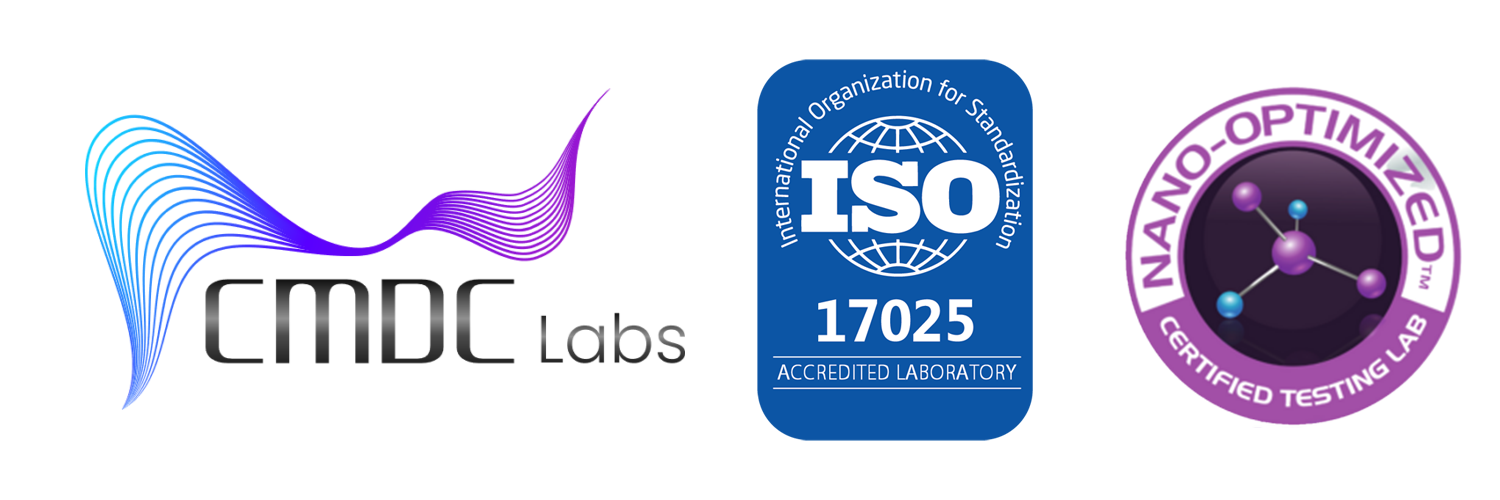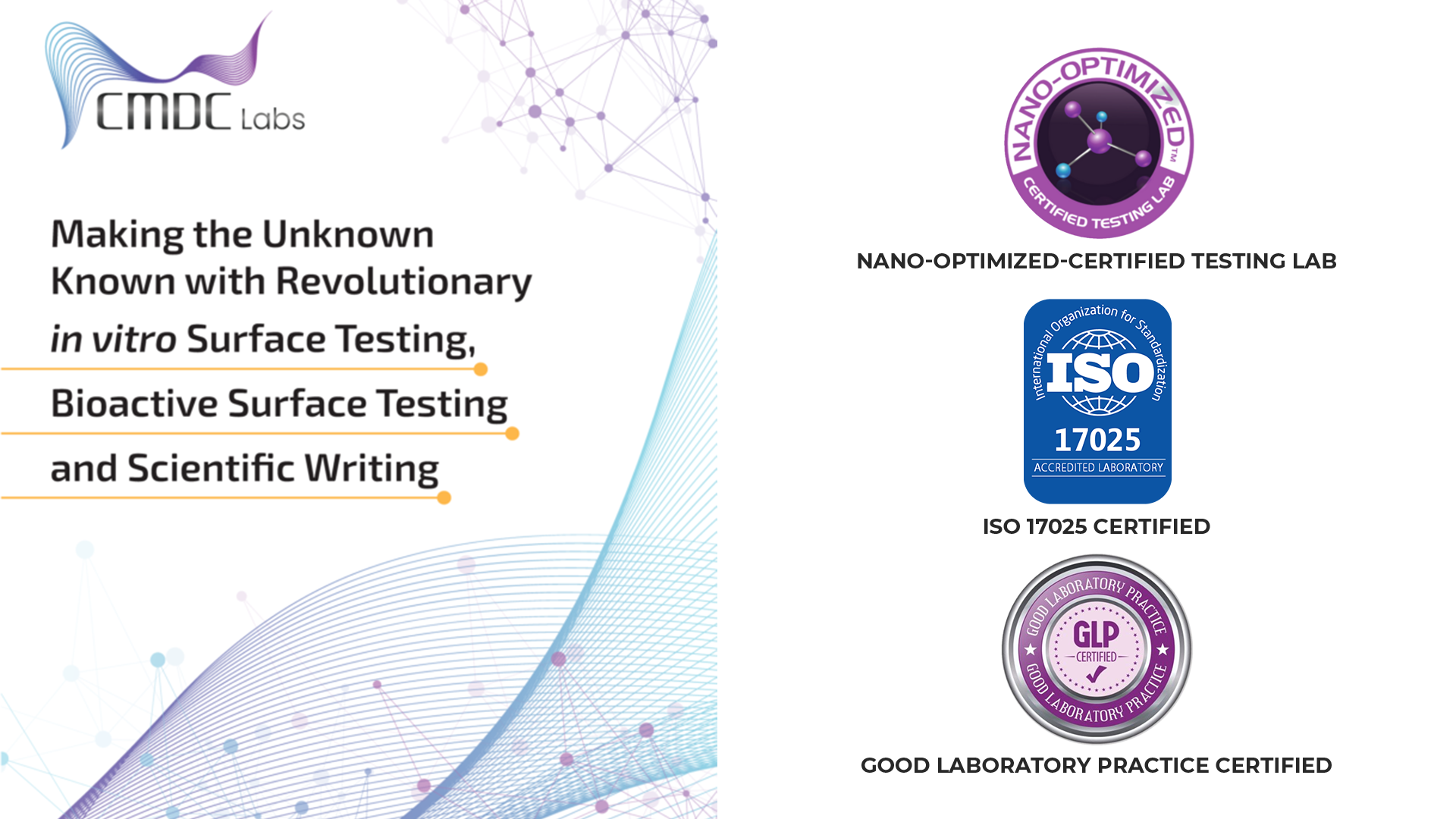In the dynamic field of microbiology, the ability to identify and characterize microorganisms is paramount for various industries, ranging from pharmaceuticals to environmental science. Microbial identification technologies have undergone significant advancements, unlocking new potentials for precise analysis and informed decision-making. In this exploration, we delve into the innovative tools and techniques reshaping microbial identification, revolutionizing research, and contributing to the overall progress of microbiological sciences.
Understanding the Microbial Landscape: Microbial identification serves as the compass guiding researchers through the vast landscape of microorganisms. The diversity of bacteria, viruses, fungi, and other microscopic entities necessitates sophisticated methodologies to discern their individual characteristics. Traditional techniques like culture-based methods have paved the way, but limitations in scope and time have fueled the development of cutting-edge technologies.
Next-Generation Sequencing (NGS): One of the transformative technologies driving microbial identification is Next-Generation Sequencing. NGS enables the rapid and parallel sequencing of genetic material, providing a comprehensive view of an entire microbial community. Researchers can uncover intricate details about species diversity, genetic traits, and potential functions within a sample. This high-throughput approach revolutionizes our ability to understand microbial ecosystems in various environments.
NGS has evolved beyond a mere sequencing tool; it has become a powerful tool for metagenomic analysis. The ability to simultaneously sequence the DNA of thousands of microorganisms in a sample allows for a detailed exploration of microbial communities. Metagenomic NGS provides insights into the functional potential of microbial communities, offering a holistic perspective on their roles in diverse ecosystems.
Mass Spectrometry: Mass Spectrometry has emerged as a powerful tool for microbial identification. By analyzing the mass-to-charge ratio of molecules, this technique can create a unique fingerprint for microorganisms. This not only expedites the identification process but also allows for the detection of subtle differences between closely related species. Mass spectrometry proves invaluable in clinical settings, food safety, and environmental monitoring.
Mass spectrometry has evolved to encompass different approaches such as matrix-assisted laser desorption/ionization (MALDI) and electrospray ionization (ESI). MALDI-TOF, in particular, has gained prominence in clinical microbiology for its rapid and accurate identification of bacterial and fungal isolates. The ability to identify microorganisms directly from colonies or clinical specimens enhances diagnostic efficiency.
Polymerase Chain Reaction (PCR): PCR remains a cornerstone in microbial identification, enabling the amplification of specific DNA segments. With advancements like quantitative PCR (qPCR), researchers can not only identify microbes but also quantify their abundance. This precision is particularly crucial in fields such as clinical diagnostics, where rapid and accurate identification of pathogens is paramount.
PCR has expanded its utility beyond basic microbial identification. Techniques like reverse transcription PCR (RT-PCR) enable the detection of RNA-based pathogens, providing insights into the virome alongside the bacterial and fungal components. The application of real-time PCR allows for quantification, shedding light on the dynamic interactions within microbial communities.
Metagenomics: Metagenomics is instrumental in studying microbial communities as a whole. This approach involves the direct genomic analysis of environmental samples, bypassing the need for individual cultivation. Metagenomic studies provide insights into the functional potential of microbial communities, offering a holistic perspective on their roles in diverse ecosystems.
Metagenomic sequencing has witnessed advancements in methodologies such as shotgun metagenomics and 16S rRNA gene sequencing. Shotgun metagenomics allows for the unbiased sequencing of all genetic material in a sample, providing a comprehensive view of the microbial gene pool. Targeted approaches, like 16S rRNA gene sequencing, facilitate the study of specific microbial taxa, aiding in taxonomic profiling.
Challenges and Future Prospects: Despite these remarkable advancements, challenges persist in microbial identification. The vastness of microbial diversity, the emergence of antimicrobial resistance, and the need for real-time, point-of-care identification pose ongoing hurdles. However, ongoing research and technological innovation continue to address these challenges, promising even more sophisticated and accessible solutions in the future.
Ongoing advancements in artificial intelligence (AI) and machine learning (ML) are contributing to the automation of microbial identification processes. AI algorithms trained on vast datasets can analyze complex patterns in microbial genomic data, leading to faster and more accurate identifications. The integration of AI-driven tools into microbial identification workflows holds the potential to revolutionize diagnostics and research.
CMDC Labs’ Contribution: CMDC Labs stands at the forefront of leveraging these technologies to empower industries with precise microbial identification. Our commitment to excellence and adherence to global standards, including ISO/IEC 17025 accreditation, ensures the reliability of results. By harnessing the potential of microbial identification technologies, CMDC Labs facilitates groundbreaking research, drives product development, and contributes to advancements in various scientific disciplines.
Conclusion: As we navigate the microscopic realm with ever-evolving technologies, the potential for unlocking the secrets of microorganisms becomes increasingly promising. Microbial identification technologies not only aid in solving current challenges but also open new avenues for exploration. CMDC Labs, through its expertise and dedication, continues to play a pivotal role in unraveling the mysteries of microbial identification, pushing the boundaries of scientific understanding.

